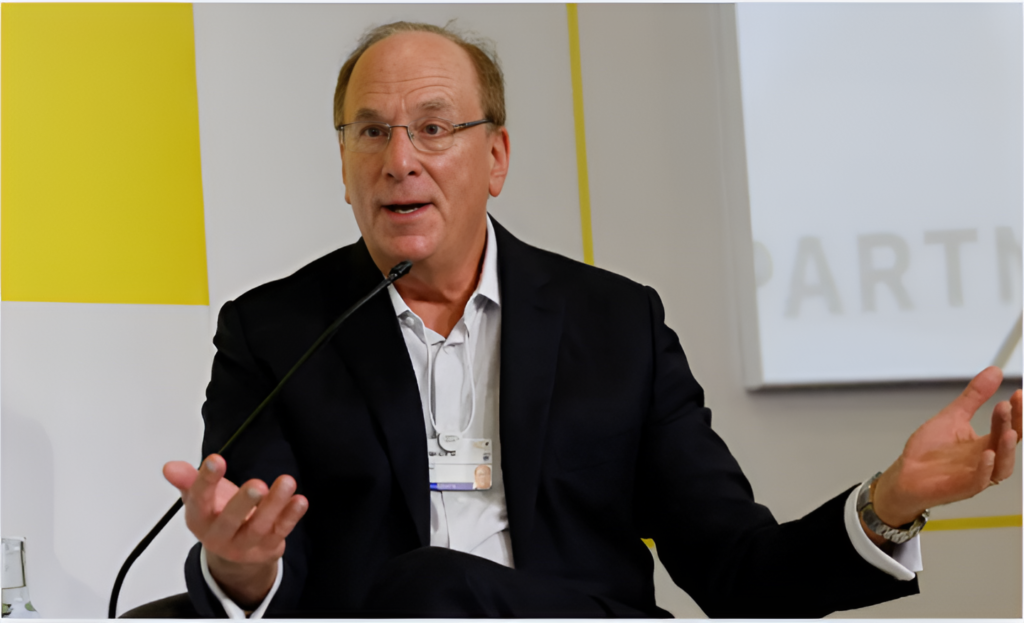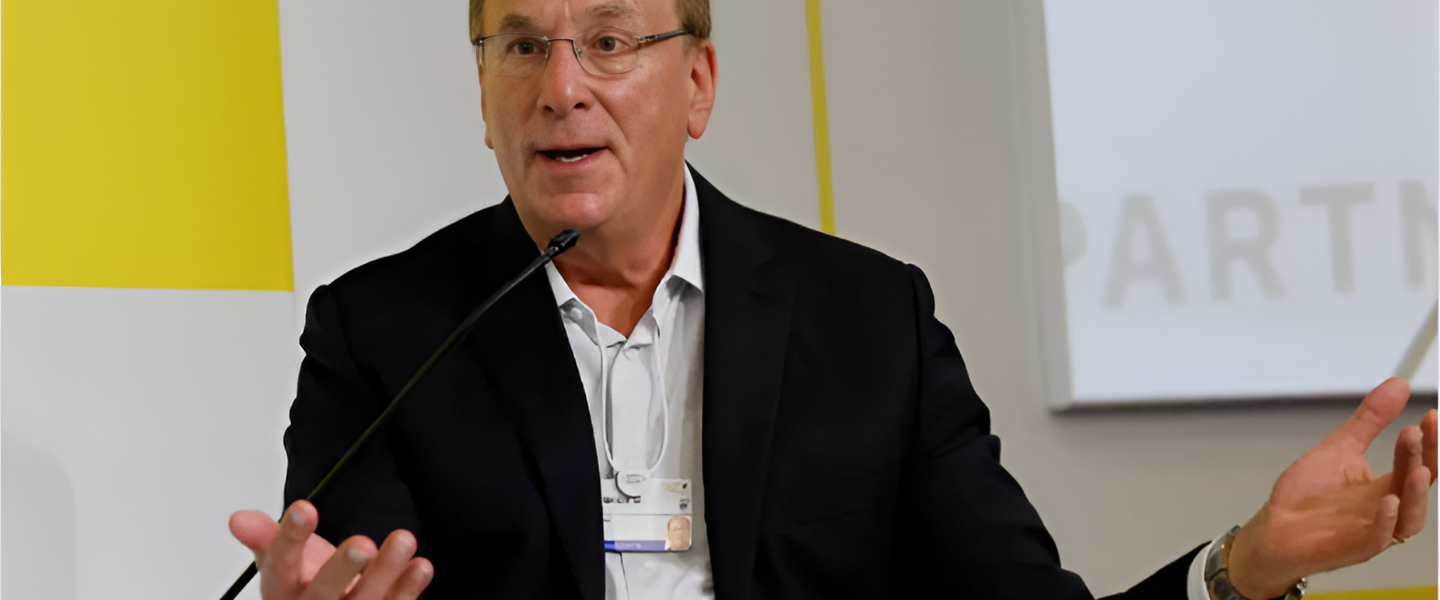
Larry Fink, the influential CEO of BlackRock, has made waves with recent comments suggesting that he no longer wants to use the term “ESG” (Environmental, Social, and Governance). Fink, who once championed ESG principles and helped bring the term into mainstream discourse back in 2018, expressed regret for becoming embroiled in the heated political debates surrounding ESG. His remarks, made at the Aspen Ideas conference on June 25, could be seen as a victory for critics of ESG—particularly among right-wing culture warriors. However, a deeper look reveals that Fink’s comments are less about abandoning ESG principles and more about how they’re framed.
Rather than distancing himself from climate and social issues, Fink clarified that he continues to support “conscientious capitalism.” He now prefers to focus on more specific terms, such as decarbonization, governance, and addressing social issues, depending on the context. Essentially, Fink is not changing BlackRock’s approach to sustainability; he is merely altering the language used to discuss it.
Fink is not the only one adjusting the conversation around ESG. As the backlash to ESG has intensified over the past year, many business leaders have begun to use alternative language to discuss their climate and sustainability efforts, avoiding phrases like ESG altogether. Some have even refrained from discussing the topic in public forums. Yet, behind closed doors, executives and investors continue to prioritize environmental and climate-related goals in their corporate strategies.
This shift in how businesses communicate about climate change represents a pivotal moment. Companies are increasingly integrating sustainability into their core operations, but they are also reconsidering how they talk about these issues. Anne Simpson, global head of sustainability at Franklin Templeton, captured this sentiment earlier this year, remarking, “RIP to ESG—not because we think this is an end to this, but because it’s a beginning.”
The reality is that climate change and the transition to a low-carbon economy are fundamentally reshaping industries. A survey by EY last year found that 82% of C-suite leaders at large U.S. companies had set emissions-reduction goals, and an even larger proportion viewed sustainability as integral to their business. These sentiments are reflected in the vast amounts of capital being committed to sustainability initiatives, from the construction of electric vehicle manufacturing plants to investments in clean hydrogen technology.
However, the path forward will not be without challenges. The oil-and-gas sector, for instance, has witnessed a backslide in some climate commitments as rising fossil fuel prices create economic pressures. Many companies may avoid tackling decarbonization until they are compelled to do so by external forces. Yet the pressure from stakeholders—governments, investors, consumers, and employees—continues to grow.
Despite the increasing focus on sustainability, the ESG backlash is significant. Companies are feeling the heat, especially after BlackRock lost billions in business from Texas and Florida, where conservative politicians have targeted the firm over its ESG stance.
As a result, more companies seem inclined to follow Fink’s lead by pursuing climate-focused initiatives while framing them in terms of business objectives. “It’s about being specific and exacting in our communication, understanding our stakeholders, what they care about, what they’re going to want to hear from us, and tying it back to the business,” said Whitney Dailey, executive vice president at Allison+Partners, a firm specializing in ESG communications.
In this new era, businesses are recalibrating their approach to sustainability—less about grand ideological statements and more about clear, actionable goals aligned with their long-term business strategies. The conversation may have shifted, but the commitment to a low-carbon future remains.





